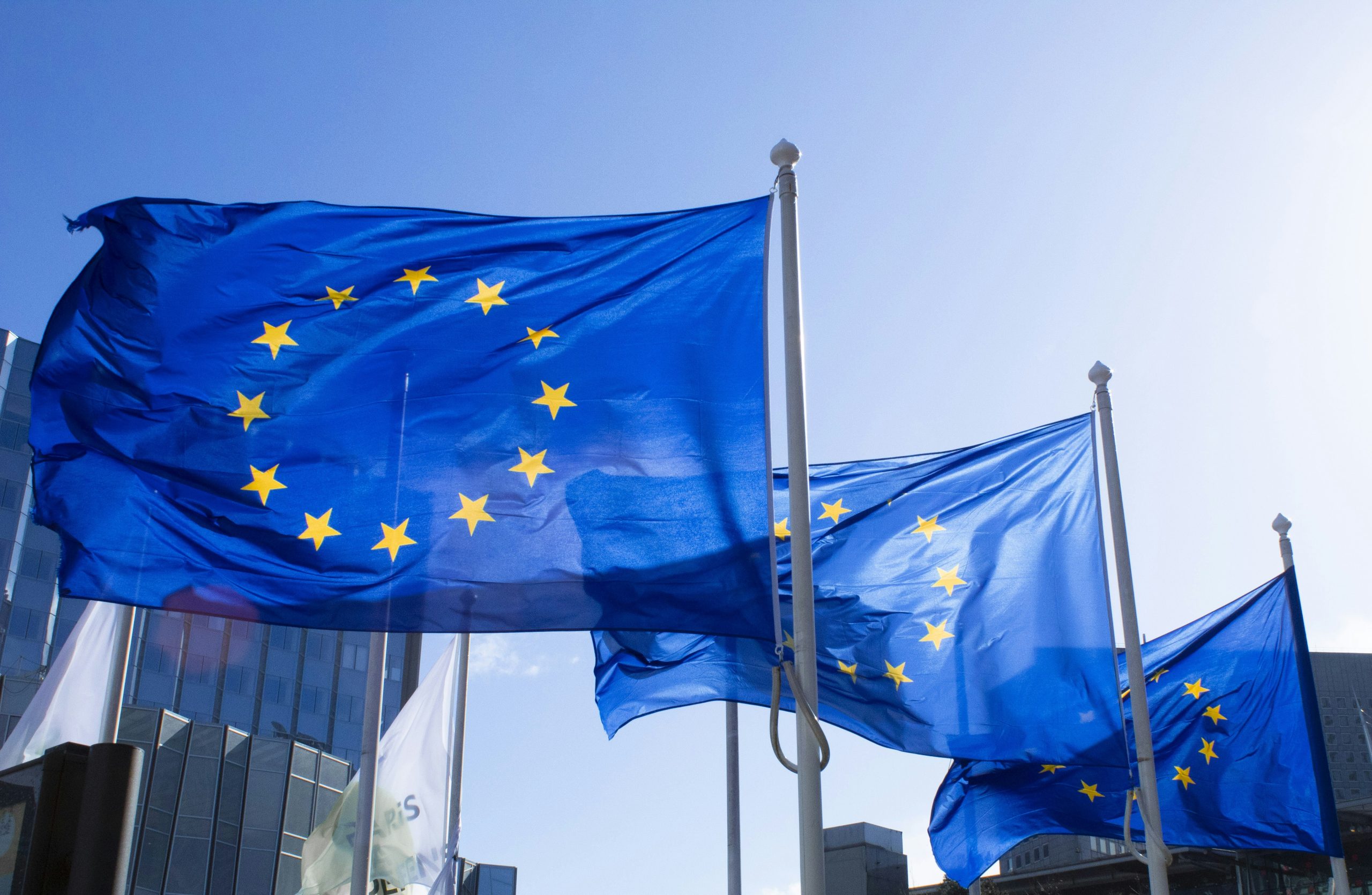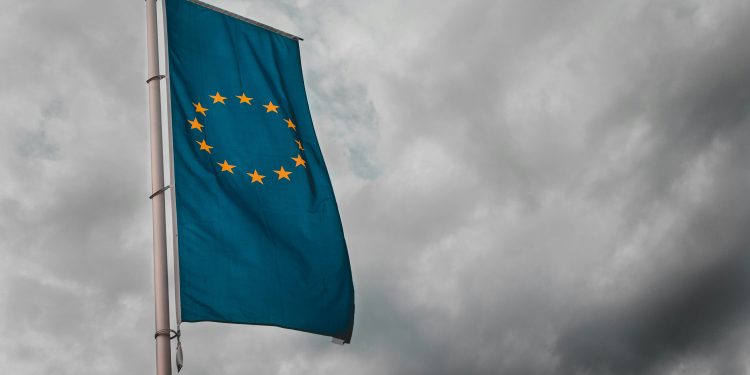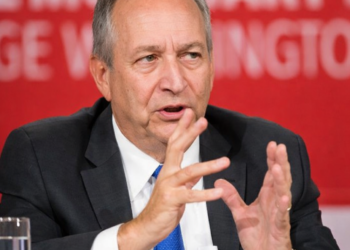European Union leaders and NATO officials are standing behind Ukrainian President Volodymyr Zelenskiy as he faces the prospect of being sidelined in high-stakes talks between U.S. President Donald Trump and Russian President Vladimir Putin. The growing alignment between Brussels, NATO headquarters, and Kyiv underlines a shared fear: that the Alaska summit on August 15 could reshape the war’s future without Ukraine at the table.
European Backing for Ukraine’s Seat at the Table
In a joint message over the weekend, the leaders of Britain, France, Germany, Italy, Poland, Finland, and the European Commission insisted that any political settlement must protect both Ukraine’s sovereignty and Europe’s long-term security. NATO Secretary General Mark Rutte echoed that stance, telling U.S. media that the meeting will be “about testing Putin” while stressing that Ukraine alone must decide its geopolitical future.
The EU’s foreign policy chief, Kaja Kallas, said, “Any deal between the U.S. and Russia must have Ukraine and the EU included, for it is a matter of Ukraine’s and the whole of Europe’s security.” EU foreign ministers are set to meet Monday to coordinate next steps.

Kyiv’s Alarm Over Territorial Proposals
Tensions rose further after Trump floated the idea of “some swapping of territories” between Russia and Ukraine, framing it as a potential route to peace. For Kyiv, this raised alarm bells. Zelenskiy responded firmly, warning that “any decisions taken without Ukraine will be stillborn.” Ukraine’s position remains unchanged: there can be no recognition, legal or otherwise, of Russia’s occupation of Crimea or the other regions seized since 2022.
Russia currently controls nearly a fifth of Ukrainian territory, including parts of Luhansk, Donetsk, Kherson, and Zaporizhzhia. Pro-Kremlin voices have speculated about territorial exchanges heavily favoring Moscow, but Western analysts point out that Russia’s recent gains have come at significant military cost.
Wariness Over Trump-Putin Alignment
Ukraine and its European partners have long feared a scenario in which Trump, eager to claim credit for ending the war, aligns with Putin on terms that undermine Kyiv. While Trump has recently sharpened his criticism of Moscow, the announcement of a one-on-one meeting with Putin has revived concerns that a deal could be struck without European or Ukrainian input.
Some European officials have privately developed counter-proposals to Trump’s plan, though details remain undisclosed. Moscow, for its part, has accused the EU of trying to obstruct the U.S.-Russia dialogue. Former Russian president Dmitry Medvedev dismissed European involvement, calling EU leaders “Euro-imbeciles” in a social media post.
The Stakes for Ukraine and Europe
With the summit just days away, Ukrainian political analysts stress that unity between Kyiv and European capitals is the most effective safeguard against exclusion from the process. “For us right now, a joint position with the Europeans is our main resource,” analyst Volodymyr Fesenko told Ukrainian radio.
If EU and NATO Stand With Zelenskiy as War Talks Loom but fail to keep Ukraine at the table, the consequences could be severe not just for Kyiv, but for Europe’s own security. Ukrainian political analyst Volodymyr Fesenko put it plainly: “For us right now, a joint position with the Europeans is our main resource.”

















